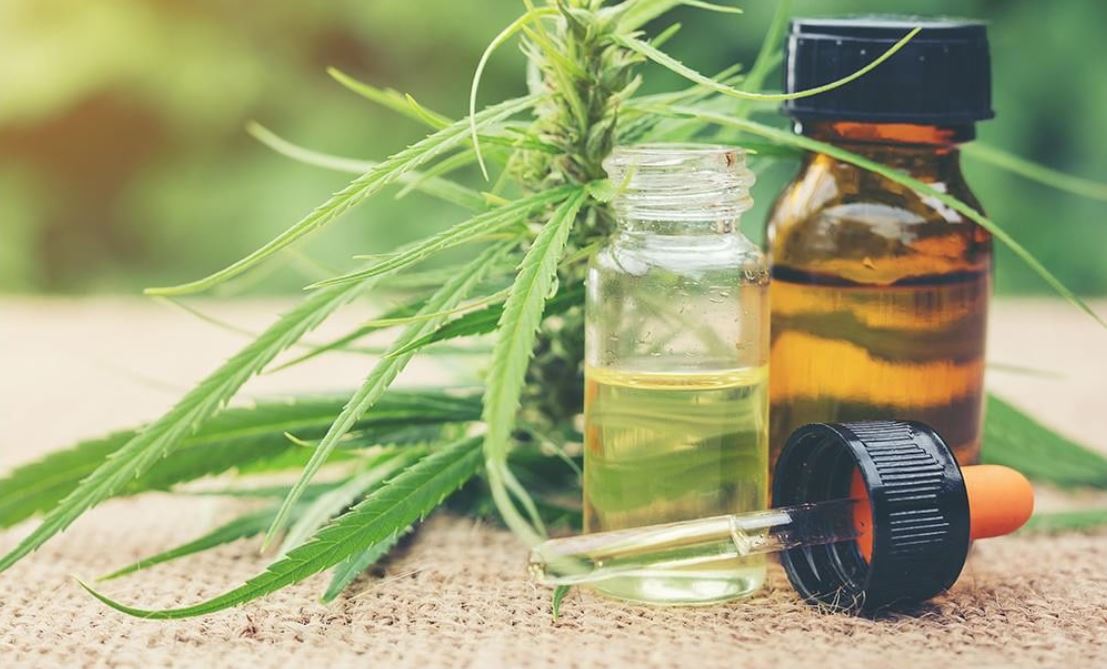Canadian legalization still facing roadblocks

When it comes to marijuana in Canada, it seems that after a long battle with the government, people who are lobbying for its legalization seem to be slowly reaching their goal. As of this year, 2018, even though recreational cannabis is still illegal, the situation might change quite soon. It’s obvious that the majority of people in Canada are in favor of legalization and that includes Prime Minister Justin Trudeau. In fact, one of the reasons he was elected was because of his firm stand that marijuana should be legal and he promised that this goal would be reached “by the summer”. This would be great news for many people who are serving jail time in Canada for selling and distributing cannabis. In fact, 58% of arrests considering controlled drugs and substances are for cannabis.
One of the first countries to legalize cannabis (even though it’s still not legal on the federal level) was the USA and sure enough, other countries are following in their footsteps. Even though some people were against it, the evidence shows that the legalization in some states (like Colorado for instance) led to hundreds of millions of dollars’ worth of tax revenue. It turned out that legalizing marijuana was extremely beneficial for the economy.
Countries such as Portugal and the Netherlands have also seen the benefits of legalizing marijuana, and it seems like Canada will soon follow.
However, it seems that there are still some roadblocks in 2018 when it comes to legalization of marijuana in Canada. There are some aboriginal groups that are fighting against it and are requesting a delay lasting one year for additional consultation with the federal government. The indigenous groups say that they’re still not ready for the legislation that would legalize marijuana to be passed, however they are still faced with much opposition. Health Canada had this to say for CBC news.
"The current system is not working — Canada has some of the highest rates of youth use of cannabis, the illegal market is thriving and Canadians continue to be subject to criminal prosecution for possession of small amounts of cannabis,”.
For now, it seems that there is a high possibility for legalization. The case for it is strong and there aren’t many oppositions to the legalization bill. According to the Canadian Imperial Bank of Commerce, an approximate 400,000 kilograms of marijuana will be consumed all over the country for mostly recreational use in 2018. As for the use of medical cannabis which is legal, the numbers are significantly lower. In fact, only around 60,000 kilograms of medical marijuana has been consumed in Canada in 2018.
If marijuana is legalized in Canada, the estimated 800,000 kilograms that will be consumed in the next 2 years could bring hundreds of millions, or billions of dollars’ worth of tax venues.
Since cannabis could be a very profitable market, large banking institutions are starting to take legalization of marijuana seriously and the chances of the constantly growing cannabis industry to be provided with serious investments are quite high. When this legislation is passed, investors will make sure to provide enough capital investment and expand cannabis into a multibillion dollar industry.
Since major oppositions to this legislation have been eliminated, there’s only one question on everyone’s minds currently: what will be cannabis regulation look like? There are debates on what the minimum price for marijuana will be, what was the minimum legal age for possession of cannabis (which will most likely be the same as for alcohol), and what kind of quality standards will be introduced. Many people believe that by regulating cannabis it will be safely out of reach for children, which is something that the prohibition wasn’t able to achieve since a high number of minors are actively consuming illegal recreational cannabis.
Another benefit that will arise from legalizing marijuana mostly concerns First Nations peoples who are currently facing high unemployment. When the legislation is passed and cannabis is made legal, First Nations People will be able to acquire additional employment and revenues brought forth from the cannabis industry. With this one legislation, unemployment in Canada will be significantly lower.
So, as for the legalization of cannabis in Canada in 2018, the prospects seem promising as it would be a great opportunity for investors, the crime rates would go down and the economy would benefit greatly. In the next three years, the legal cannabis market is expected to grow by 250% and a lot of investors want in. The benefits are more than obvious and at this point, it’s only a matter of time when the legislation will finally be passed. When that day comes Canada will gain financial stability, the recreational and medical markets will see a rise in sales, and the government will see many benefits and unique opportunities.
420 Intel is Your Source for Marijuana News
420 Intel Canada is your leading news source for the Canadian cannabis industry. Get the latest updates on Canadian cannabis stocks and developments on how Canada continues to be a major player in the worldwide recreational and medical cannabis industry.
420 Intel Canada is the Canadian Industry news outlet that will keep you updated on how these Canadian developments in recreational and medical marijuana will impact the country and the world. Our commitment is to bring you the most important cannabis news stories from across Canada every day of the week.
Marijuana industry news is a constant endeavor with new developments each day. For marijuana news across the True North, 420 Intel Canada promises to bring you quality, Canadian, cannabis industry news.
You can get 420 Intel news delivered directly to your inbox by signing up for our daily marijuana news, ensuring you’re always kept up to date on the ever-changing cannabis industry. To stay even better informed about marijuana legalization news follow us on Twitter, Facebook and LinkedIn.




